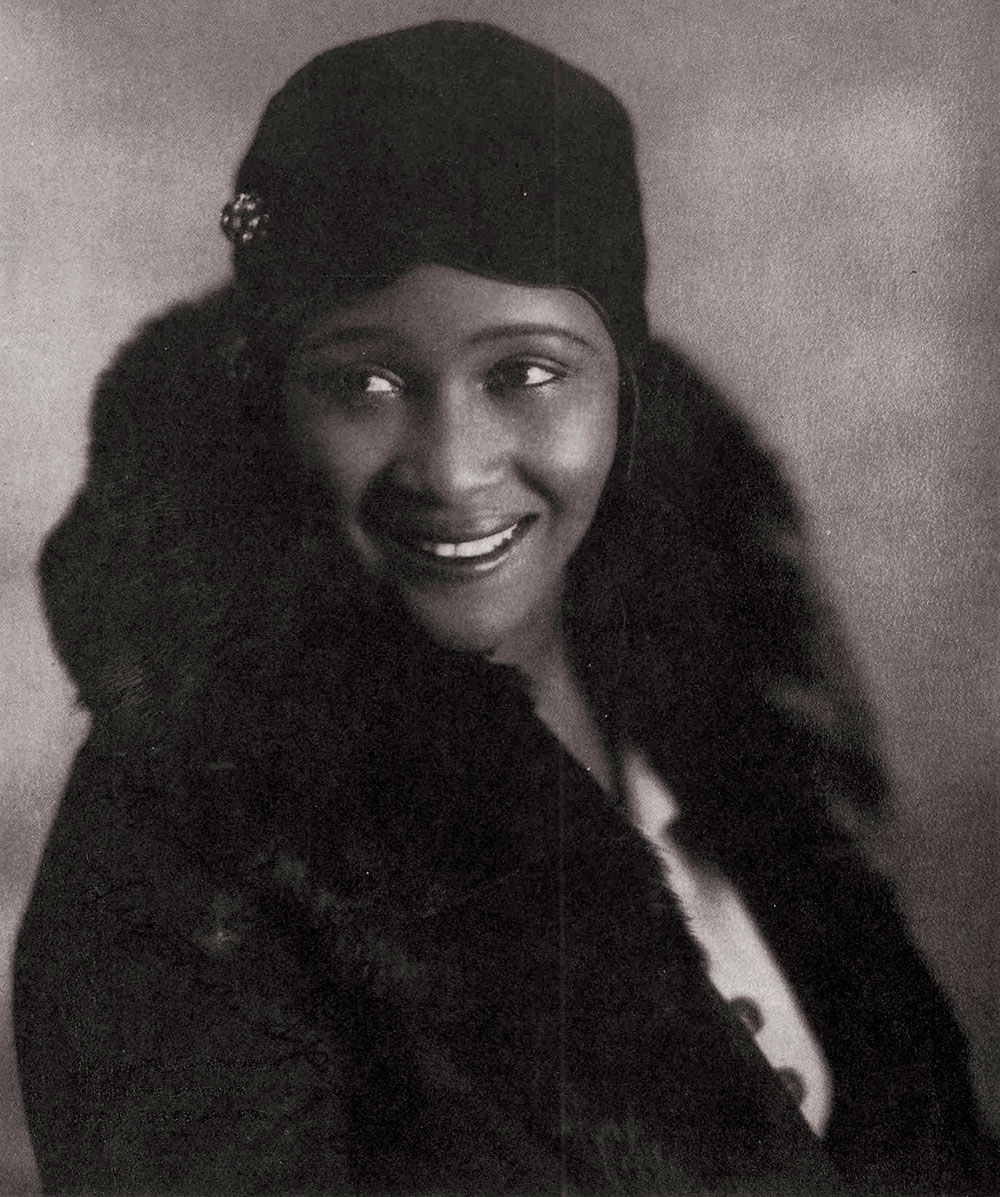Victoria Spivey, known as “Queen Victoria” or “The Blues Queen,” is a name deeply woven into the rich tapestry of early blues music. With a career that spanned several decades, Spivey not only made a name for herself in the 1920s but also helped to shape the genre and inspire generations of blues musicians. Here are five fascinating curiosities about this pioneering artist that capture her unique contributions to the blues.
1. Early Start and Family Roots in Blues
Victoria Spivey was born on October 15, 1906, in Houston, Texas, into a musical family. Her father, Grant Spivey, was a musician and gave young Victoria her first taste of the blues. By the age of 12, Spivey was performing in Houston’s rougher venues, including clubs and bars, helping to support her family. Her experiences as a young girl singing blues in the early 1900s influenced her later gritty and realistic lyrics, often drawing from real-life hardships.
2. “Black Snake Blues” – Her Breakthrough Hit
In 1926, Spivey recorded her first and most famous hit, “Black Snake Blues,” for the Okeh Records label. The song showcased her unique vocal style and fearless approach to blues storytelling. Its success led to her being signed by major record labels, and she soon became one of the most recognizable female blues voices of the 1920s. The raw and haunting lyrics of “Black Snake Blues” resonated with audiences, establishing her as a pioneering voice in women’s blues.
3. Hollywood Actress and Collaborations
In addition to her success as a singer and songwriter, Spivey dabbled in acting and appeared in the 1929 film Hallelujah!, one of the first all-Black films produced by a major studio. Her Hollywood stint reflected her versatility and opened doors for her to collaborate with other notable blues and jazz musicians. Throughout her career, she performed and recorded with celebrated artists like Louis Armstrong, Lonnie Johnson, and even Bob Dylan, who appeared on her Spivey Records label as a young musician.
4. Founding Spivey Records and Mentorship of Bob Dylan
In 1961, Victoria Spivey co-founded Spivey Records with her husband, Len Kunstadt. The label played a pivotal role in reviving interest in traditional blues music during the folk revival period. Spivey was a keen mentor and gave recording opportunities to several upcoming artists, including a young Bob Dylan. Dylan recorded his first professional sessions with Spivey, and she is often credited with recognizing his talent early on, giving him a boost that helped him gain attention in the industry.
5. Legacy and Influence on Future Generations
Victoria Spivey continued to perform and record well into the 1970s, and her influence is still felt in the blues and jazz scenes. Her contributions helped to pave the way for women in blues, and she used her platform to speak openly about issues faced by African Americans, particularly African American women. Spivey’s lyrics often addressed complex themes of love, hardship, and resilience, making her a powerful voice for women’s perspectives in blues music. Her label and recordings remain an essential part of blues history, and she is remembered for her dedication to preserving and expanding the genre.
In Conclusion
Victoria Spivey’s life and music are a testament to her resilience, talent, and unwavering dedication to the blues. From her early days singing in Texas to her role as a label founder and mentor, she continually pushed boundaries and broke new ground for women in blues. Her legacy endures, inspiring countless musicians and fans who continue to be captivated by her voice and her unforgettable songs.


Comments are closed